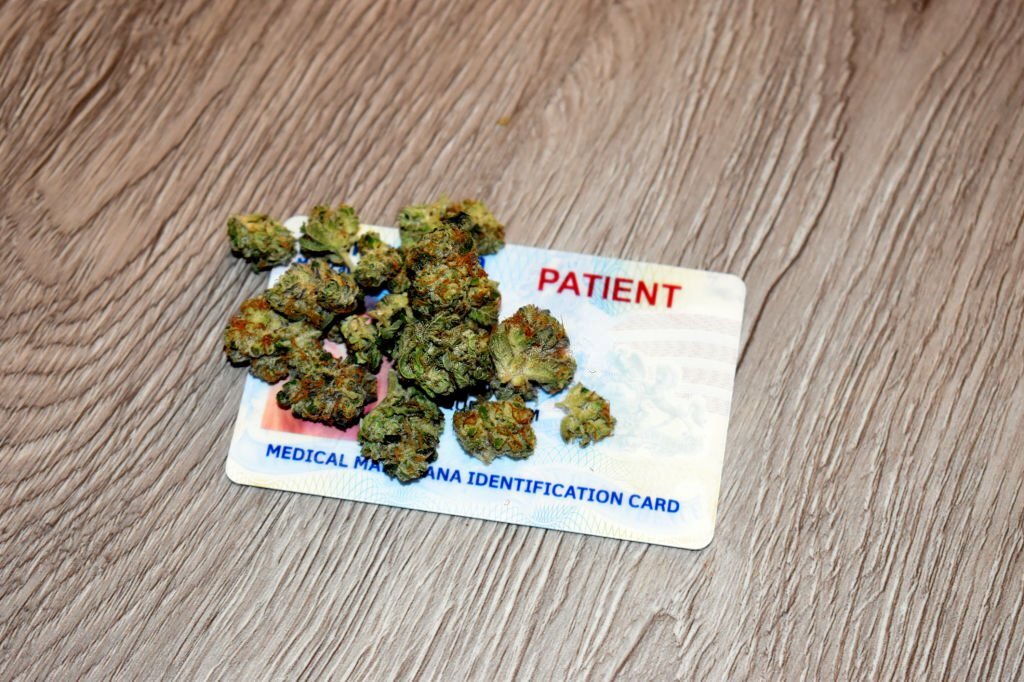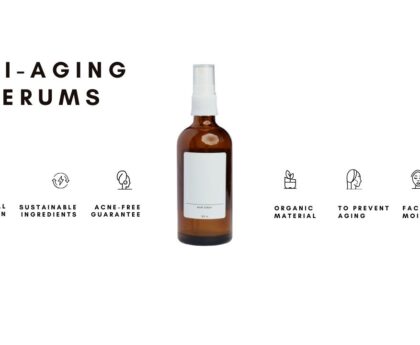In recent years, there has been a significant shift in public perception and legislation surrounding the use of marijuana for medical purposes. With a growing body of research supporting its therapeutic potential, many individuals are turning to medical marijuana as an alternative treatment for a wide range of health conditions. However, accessing medical marijuana is not as simple as picking up a prescription at your local pharmacy. To navigate the complex landscape of medical cannabis, individuals often require two critical components: a medical marijuana card and a medical marijuana consultation. In this article, we will explore the importance of these two aspects in ensuring safe and effective access to medical marijuana.
Understanding Medical Marijuana
Before delving into the significance of medical marijuana cards and consultations, it’s essential to grasp the fundamentals of medical marijuana itself. Medical marijuana refers to the use of the cannabis plant or its extracts to treat various medical conditions and symptoms. The cannabis plant contains over 100 different compounds known as cannabinoids, with two of the most well-known being tetrahydrocannabinol (THC) and cannabidiol (CBD). These cannabinoids interact with the body’s endocannabinoid system, which plays a crucial role in regulating various physiological processes, including pain perception, mood, and immune response.
Research has shown that medical marijuana can be effective in managing a wide range of conditions, including chronic pain, epilepsy, multiple sclerosis, anxiety, and nausea associated with chemotherapy. However, the therapeutic benefits of medical marijuana can vary from person to person, and its use should always be guided by medical professionals.
The Medical Marijuana Card
A medical marijuana card, also known as a cannabis card or recommendation, is a document that grants individuals legal access to purchase and use medical marijuana in states or countries where it is legal. Obtaining a medical marijuana card is typically the first step in the process of accessing medical cannabis.
- Legality and Compliance: One of the primary reasons for obtaining a medical marijuana card is to ensure compliance with local and state laws. In many places, recreational marijuana use may still be illegal, but medical marijuana is permitted under certain conditions. Holding a valid medical marijuana card provides legal protection for patients, allowing them to possess and use cannabis for medical purposes without fear of legal repercussions.
- Access to Dispensaries: Medical marijuana cards also provide individuals with access to licensed dispensaries or medical marijuana providers. These establishments are regulated to ensure the quality and safety of medical cannabis products. Without a card, individuals may not be allowed to enter these dispensaries or purchase medical marijuana.
- Tailored Treatment: Medical marijuana cards are issued after a thorough evaluation by a qualified healthcare professional. During this evaluation, the healthcare provider assesses the patient’s medical history, symptoms, and the potential benefits of medical marijuana. This process ensures that patients receive personalized treatment recommendations tailored to their specific condition and needs.
- Dosage and Strain Guidance: Medical marijuana cards often include recommendations for the appropriate dosage and strain of cannabis for the patient’s condition. This guidance is crucial in achieving the desired therapeutic effects while minimizing potential side effects.
- Legitimate Quality Control: With a medical marijuana card, patients can trust that the cannabis products they purchase from licensed dispensaries have undergone rigorous quality control measures. This reduces the risk of exposure to contaminants or low-quality products, which can be a concern in the unregulated market.
The Medical Marijuana Consultation
While obtaining a medical marijuana card is a vital step, it is equally important to undergo a medical marijuana consultation. This consultation involves a detailed discussion with a healthcare provider who is knowledgeable about medical cannabis. Here’s why it is crucial:
- Patient Education: Medical marijuana consultations provide patients with essential education about the potential benefits and risks of using cannabis for their specific medical condition. Patients learn how cannabis interacts with their body and what they can expect during treatment.
- Personalized Treatment Plans: Just as with any medical treatment, a one-size-fits-all approach does not apply to medical marijuana. A consultation allows healthcare professionals to create a personalized treatment plan based on the patient’s condition, symptoms, and preferences.
- Monitoring and Adjustment: Regular consultations with a healthcare provider allow for ongoing monitoring of the patient’s progress and the effectiveness of the treatment plan. Adjustments can be made as needed to optimize the therapeutic benefits while minimizing side effects.
- Legal Compliance: In some jurisdictions, a medical marijuana consultation is a legal requirement for obtaining or renewing a medical marijuana card. Compliance with these regulations ensures that patients are using medical cannabis responsibly and safely.
- Avoiding Self-Medication: Without proper guidance, patients may attempt to self-medicate with cannabis, which can lead to ineffective treatment or unintended side effects. A medical marijuana consultation helps patients avoid these pitfalls by providing expert guidance.
- Reducing Stigma: Medical marijuana consultations also play a role in reducing the stigma associated with cannabis use. By involving healthcare professionals, patients can legitimize their use of cannabis as a medical treatment, fostering greater acceptance and understanding in society.
Conclusion
As the medical community continues to explore the therapeutic potential of cannabis, it is essential to recognize the importance of obtaining a medical marijuana card and undergoing a medical marijuana consultation. These two components work hand in hand to ensure that patients have legal access to quality-controlled cannabis products and receive personalized treatment plans that address their specific medical conditions and needs.
Medical marijuana has the potential to improve the quality of life for many individuals suffering from chronic pain, debilitating illnesses, and other medical conditions. However, to harness its benefits safely and effectively, it is crucial to navigate the process with the guidance of healthcare professionals and within the bounds of legal regulations. By obtaining a medical marijuana card and participating in a medical marijuana consultation, patients can unlock the healing power of this remarkable plant while ensuring their well-being and peace of mind.



